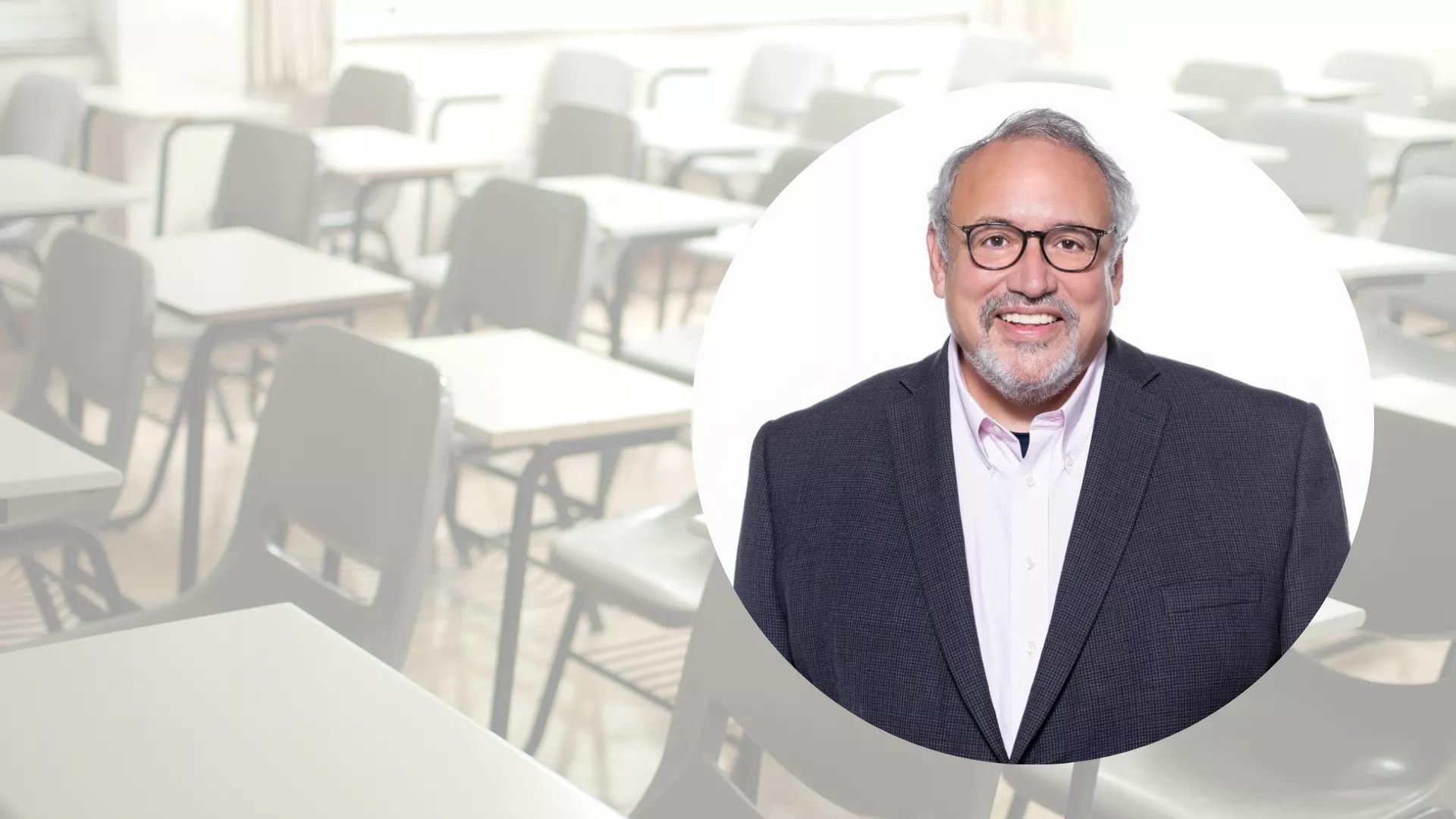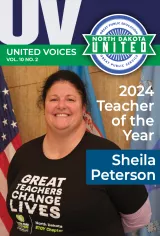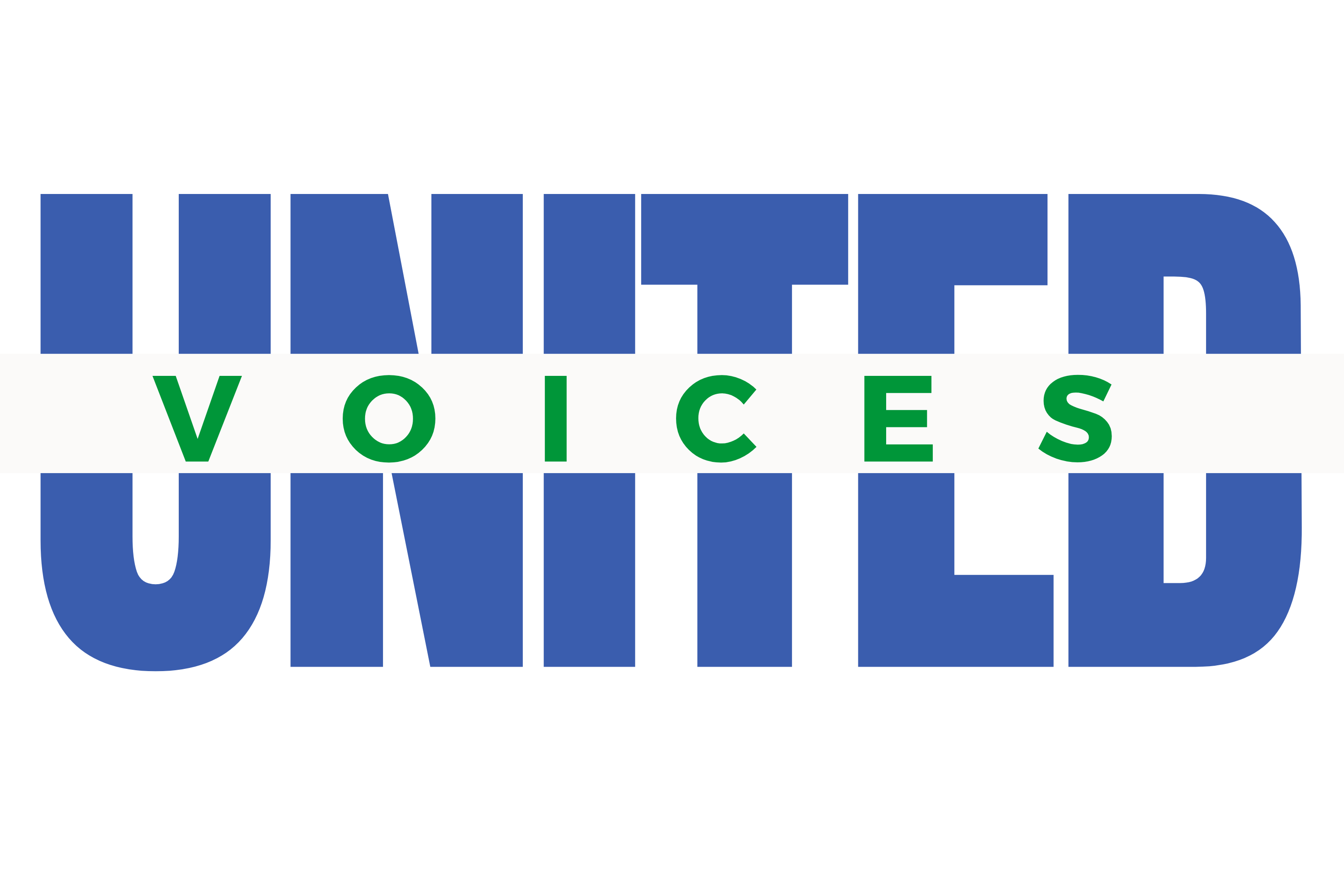Key Takeaways
- If successful, this ballot measure would strip $1.5 billion in revenue raised by political subdivisions to provide essential services for local communities.
- Local control will become a thing of the past, should this effort succeed.
- No other state has eliminated property taxes.
Hello, North Dakota United!
I hope this note finds each of you well and looking forward to a well-deserved holiday break. Spending time with friends and family can be just the tonic we need to recharge, regroup, and remember why we do the important work we do in service to our fellow citizens.
Before we break, however, I want to alert you to a potentially pernicious endeavor that, if successful, will make the work you do more difficult while simultaneously usurping local control that North Dakotans recognize as essential to the health of the communities they serve and call home.
Failed gubernatorial and U.S. Senate candidate Rick Becker has launched a campaign to collect signatures for a ballot initiative that would eliminate the ability of cities, counties, park districts, townships, and school boards to levy property taxes. The $1.5 billion that are currently raised by political subdivisions to provide essential services for local communities would overnight become the responsibility of the state government. That means that the state Legislature would essentially become your local school board, city commission, county commission, park board, and township board. Every two years, communities would have to come hat-in-hand to the Legislature to make the case for investments in their local communities. Local control will become a fond memory should this effort succeed.
At first blush, you might think that if the money is coming from the state, why should I care? The short answer to that question is that the devil is in the details. Becker’s proposal only guarantees the state’s obligation at whatever the dollar amount is when the voters approve this measure. That means that if it passes in 2024, and the total property tax collected is $1.5B, the state is not obligated to appropriate more than that amount. That also means that if inflation occurs – and it always occurs – local governments may not have the necessary resources to maintain, let alone enhance, vital public services like fire protection, police protection, or public education.
While Becker’s proposal would outlaw property taxes, he surmises that local governments will make up for any shortfalls with local sales taxes, fees, or other schemes. While many larger communities may be able to absorb higher sales taxes and user fees, this would be disastrous for many smaller rural school districts where sales tax revenue would not be enough to make up for any shortfalls in resources. Many of ND’s smaller school districts would be forced to consolidate.
Larger communities will be further advantaged by the fact that they have more representation in the legislature and, therefore, a greater chance that their requests will be met while smaller communities with less representation will likely not receive what they need to maintain dependable community services and schools.
No other state has eliminated property taxes because they know what we know: property taxes provide a stable and direct revenue source for funding essential public services like public education, local fire and police protection, and infrastructure. Are there areas for savings? Definitely, and they should be pursued. But throwing out what works, eviscerating local control, and jeopardizing safe, vibrant communities by ditching the property tax is not the way to go.
ND United is engaged in the debate, and we will work tirelessly to ensure that our friends and neighbors continue to benefit from great public schools and great public service!



